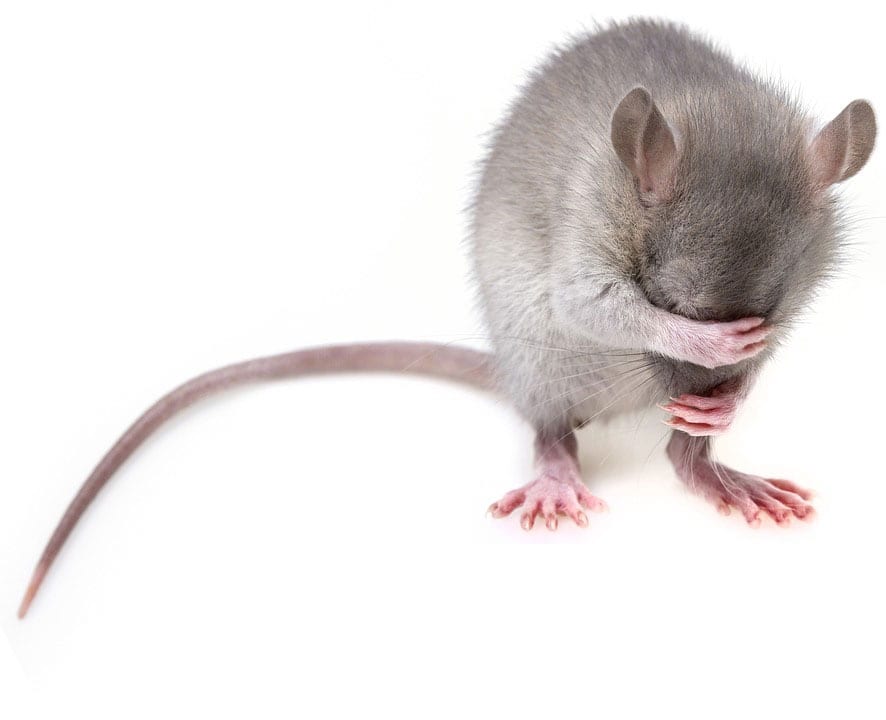Have you ever heard of a monocyte? Monocytes are a type of leukocyte, or white blood cell, which plays a role in immune response. These cells develop within our bone marrow and help “eat” harmful invaders. Additionally, monocytes tell the immune system when something is wrong in our bodies. Prior studies have shown that CFTR gene mutations – the same which cause cystic fibrosis (CF) – prevent monocytes from effectively responding in the body. According to Medical XPress, this led Dr. Klaus Ley, M.D., to question whether a partial bone marrow transplant could assist patients in creating healthy monocytes – thus bettering the condition of those with cystic fibrosis.
After evaluating a partial bone marrow transplant in mice models of CF, the researchers found that this significantly improved outcomes. To check out full study findings, take a look at The Journal of Immunology.
The Benefits of a Bone Marrow Transplant
To begin, let’s go over what a bone marrow transplant actually is. This process may also be referred to as a stem cell transplant, shares the Mayo Clinic. The Mayo Clinic explains that a bone marrow transplant is:
a procedure that infuses healthy blood-forming stem cells into your body to replace your damaged or diseased bone marrow. A bone marrow transplant may be used to safely allow treatment of your condition with high doses of chemotherapy or radiation by replacing or rescuing the bone marrow damaged by treatment; replace diseased or damaged bone marrow with new stem cells; [or] provide new stem cells, which can help kill cancer cells directly.
A Partial Bone Marrow Transplant: An Option for Cystic Fibrosis?
Currently, the treatment burden for those with cystic fibrosis is extremely high. Patients often require up to 10-30 different medications to manage their conditions. While there is a therapeutic option available called TRIKAFTA, which is a CFTR-modulator, it can be expensive and inaccessible. Additionally, around 10% of those with CF do not respond well to CFTR modulators. Because of this, new treatment options are urgently needed.
Within this study, researchers wanted to understand the potential efficacy of treating CF with a partial bone marrow transplant. The transplant would be partial to ensure that patients would still be able to make immune cells and combat infections. Because the bone marrow transplant would not impact genetics in any way, it would allow for patients – regardless of genetic alteration – to be treated.
To begin, researchers sourced mice models of cystic fibrosis. They then performed partial bone marrow transplants, consisting of 60-70% replaced bone marrow. Researchers found that this not only reduced inflammation, but improved overall survival. When testing the monocytes from treated mice, researchers found that the mice were better able to fight infections and other bacteria. Researchers also transplanted defective monocytes into healthy mice, which later developed CF symptoms. Thus, researchers hypothesize that abnormal monocytes could cause CF symptoms.
While these results are promising, additional testing and research is needed in the future to learn more about monocytes, as well as to see whether these findings can be reproduced in other models.
About Cystic Fibrosis (CF)
CFTR gene mutations cause cystic fibrosis (CF), a rare genetic disorder which affects the respiratory and digestive symptoms. These gene mutations affect the regulation of salt movement throughout the body. Rather than healthy and slippery mucus, those with cystic fibrosis have thick, sticky mucus. As this accumulates, it can clog airways or stop digestive enzymes from being released. Cystic fibrosis is most common in Caucasians. Symptoms associated with cystic fibrosis include:
- Exercise intolerance
- Shortness of breath and/or difficulty breathing
- Salty-tasting skin
- A persistent cough which produces thick mucus
- Wheezing
- Frequent lung infections
- Greasy, foul-smelling stools
- Intestinal blockage (most common in newborns)
- Poor weight gain
- Stuffy nose
- Constipation
- Malnutrition
- Infertility (in males)







